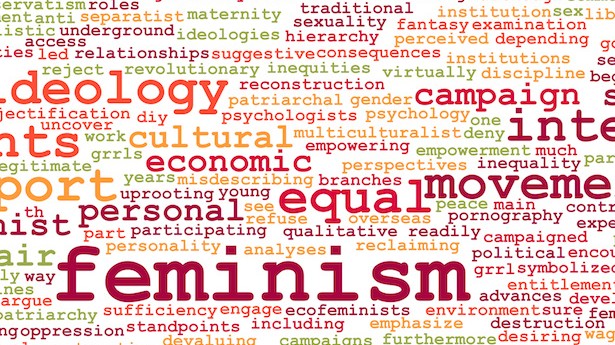Some things are standard to mention when critiquing and reviewing video games: characteristics that make the game innovative or unique, the fluidity of the interface and the level of the player’s control over the gameplay, its artistic design and the quality of its graphic elements, its replayability, the consistency of its plot and character development, and even what simply makes the game fun. But is this truly all that needs to be addressed when thoroughly critiquing a game? Are mainstream or highly publicized reviews obligated to center on the technical aspects of the game at the risk of neglecting any negative social implications the game may perpetuate or portray? Here I would like to argue that in order to truly critique a game, reviewers must consider all the aspects of the game, and should not be chastised for doing so.
The review that spawned this discussion and others like it in the gaming critic circle was Carolyn Petit’s recent review of Grand Theft Auto V for Gamespot. For the most part her review was positive and flattering: she awarded the game a score of nine out of ten and made fairly explicit that she enjoyed the experience of playing it as many others would agree. But unlike most reviews on high-profile gaming sites, Petit cast the game in a more critical lens, specifically addressing its harmful portrayal of women. Though you can read her entire review here, I will quote the points she specifically made that led to so many turning their metaphoric pitchforks against her for apparently defiling the sanctity of game reviews.
“GTA V is a complicated and fascinating game, one that fumbles here and there and has an unnecessary strain of misogynistic nastiness running through it,” Petit addresses in her review. Other than in her summarized review in which she mentions the game as being “profoundly misogynistic,” that is the only point at which she addresses it, even clarifying that the game is still an excellent one. Yet even in its succinctness Petit introduces a valid point in order to create a discussion about its portrayal of women.
Needless to say trolls arose to harass her both professionally and personally, which we have unfortunately come to expect as par for the course from the online gaming community and is another matter entirely, Carolyn Petit has addressed an issue that is largely absent from most reviews, particularly those that tend to be more commercialized: that of the necessity of including social or ethical critique in the game and the examination of games through a lens that targets sexist, racist, homophobic, and ableist themes that may be present. This may seem like a fairly standard or obvious message, particularly as tackling these themes is exactly what we try to do here at NYMG, but I believe that placing these critiques even further into the public eye, as Carolyn Petit has done, is crucial both for the development of the field and as a means of getting the average player to consider how these themes are present, why they are a part of both the specific game and the industry as a whole, and what negative or harmful implications that may have for “non-traditional” gamers who may encounter them.
Because games, while they do engulf the gamer in a fictional world, do not exist as a bubble outside of society or social critique. They, like other cultural mediums, exist both as a means to perpetuate social norms and even potentially change them. Addressing what’s wrong and why it’s wrong allows there to be progress made in gaming for equality and responsible representation. Even if the community may not be receptive, it is still encouraging to see this form of critique being made more publicized and it’s equally important to promote an inclusion of these sorts of critiques in addition to the staples that characterize most game reviews.





2 thoughts on “The Necessity of Donning a Critical Lens or Why Being “Profoundly Misogynistic” is a Point that Needs to be Addressed”
Kotaku covered the idea of women in GTA in far greater detail.
http://kotaku.com/grand-theft-auto-v-and-women-1344112808
Honestly the reviews I’ve read over the years barely touch upon a social criticism aspect beyond a mild acknowledgement if a game is already notorious. Reviews featuring social criticism seem new to me and as the audience of reviews I have mixed feelings on it. When I read a review I want to know how the gameplay is and if the story is at least decent with a payoff. Maybe how multiplayer is balanced and what new features are present.
Social readings are already done in blogs and social criticism of a game I haven’t played yet feels similar to a spoiler. I want to play with an open mind and see if I notice anything meaningful on my own. To play GTA or even Tomb Raider after all the controversy and debate changed how I entered the game and I was scanning for anything that either definitively proved or disproved the varying assertions involved. A fresh pair of eyes holds a lot more insight than a choir already preached to.
The overreactions of some gamers are absurd and Carolyn Petit has every right to review how she chooses. Time will tell if her style review catches on but at least we can all agree it touched a nerve for some people.
Who a reviewer is and who the intended audience is has a lot more impact than people realize. I have a handful of go-tos that I follow for reviews and I know enough about their opinions to discern what I need to. But not everyone is expecting social criticism in a game review. Game reviews are so commercialized that it comes as a bit of a shock IMO. Perhaps the game industry is growing up along with the medium? How much longer until the so called gamer does the same?
TLDR: what is the purpose of a game review? What does a gamer think it is?